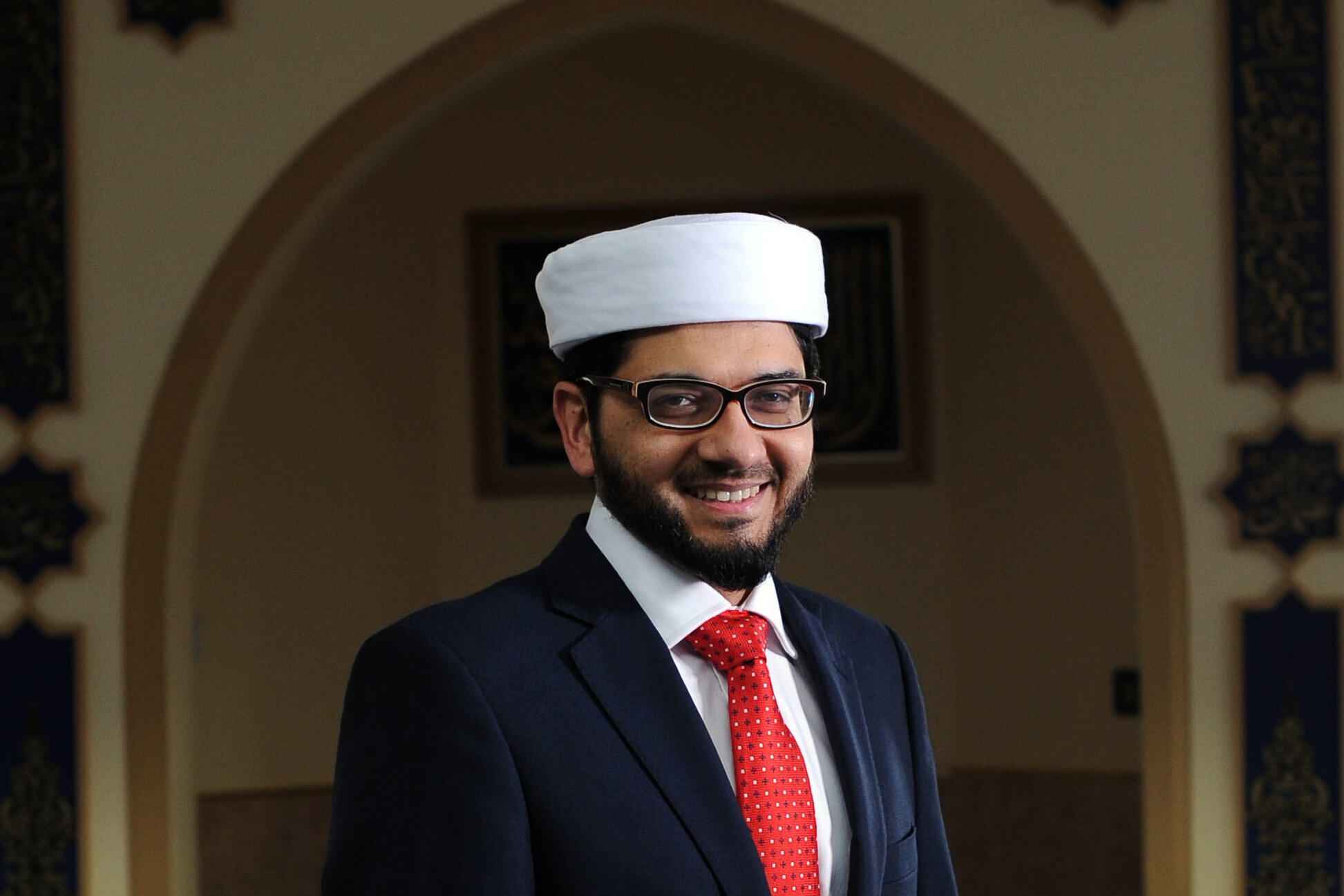By Khadija Khan
Cinemas in the UK have caved into the demands of Muslim fundamentalists and refused to show an allegedly “blasphemous” film: The Lady of Heaven, a historical epic about Fatima, the daughter of the Prophet Muhammad.
When the film first released, protesters across England aggressively picketed cinemas, claiming The Lady of Heaven hurts “the feelings and the sentiments of a billion people around the world”.
The furious offence-takers made provocative speeches outside the cinema houses threatening “repercussions”.
Cineworld then pulled the film from all of its venues nationwide, and other cinema chains soon followed suit. Now, you can’t watch the film anywhere. This is profoundly illiberal and should worry us all.
The protesters (note that they are all men) claim to be outraged, above all, by the fact that the film depicts Muhammad on screen (using computer-generated imagery rather than a single actor). This, they say, is “forbidden” by Islamic law.
And while they claim that it is “offensive” to all Muslims, the reality is that the movie is a reflection of a centuries-old rift between the main two sects of Islam: Sunnis and Shias.
The Lady of Haven presents the Shia version of Islamic history, which sees the first Sunni caliph, Abu Bakr, as a despot – a perception that is not shared by Sunnis – while Ali, the prophet’s son-in-law, is presented as the rightful heir to Muhammad.
Islamic history is littered with bloodshed conflicts between Sunni and Shias. They both romanticise their versions while demonising the other side.
The issue who should have succeeded Muhammad after his death remains a bone of contention between the two groups to this date.
In other words, the two are constantly blaspheming against each other; sectarianism is still rife (more on that later).
Britain is a democratic country that prides itself on championing free speech. While these protestors have a right to express their views, this doesn’t give them a licence to make threats and harass people who wish to see a movie.
Sadly, caving into the demands of the religious mobs has become the norm – starting from the backlash more than 30 years ago to Salman Rushdie’s novel Satanic Verses, widely perceived to be offensive to some Muslims.
A few years ago, a primary school had to reverse a decision banning children under eight from wearing hijab and fasting during Ramadan, after being bullied by extremists.
And last year, a teacher in West Yorkshire was forced to go into hiding after showing a cartoon of Muhammad in his class.
What we have in Britain today is a group of fundamentalists overtly dictating to society what can be said or discussed, and face no pushback whatsoever.
These people are a minority and yet they present themselves as the defenders of the faith. Tragically, they have become influential enough to bully institutions into compliance.
It’s not surprising, given how the British government was, until recently, being advised by the likes of Qari Asim.

The imam, who was deputy chair of the government’s Anti-Muslim Hatred Working Group, had endorsed a campaign for the cinemas to pull screenings of The Lady of Heaven, describing it as a “disparaging movie” that has “caused much pain and hurt to Muslims”.
It is astonishing that he was even a government adviser on Islamophobia. Nonetheless, he was sacked, as it was “no longer appropriate for you to continue your work with Government in roles designed to promote community harmony.”
As I have written on these pages before, the term “Islamophobia” seems to be another organised effort to snub free expression in the name of “religious tolerance”. The continuous efforts to ring-fence religious beliefs that are incompatible with human rights with the usage of this term are actually a smokescreen to promote religious censorship.
Aside from free speech though, the other cause for concern is how the fundamentalists have weaponised Islamic sectarianism – a prevalent phenomenon in the Muslim world.
And that violence has occasionally spilled over onto these shores. In 2016, Glasgow shopkeeper Asad Shah was brutally murdered by Tanveer Ahmed, a Sunni. He claimed that Shah had “disrespected the messenger of Islam, the Prophet Muhammad peace be upon him.”
Shah belonged to the minority Ahmadi sect, widely regarded to be heretics by mainstream Muslims. As such, they are routinely persecuted.
In another incident, 71-year-old Jalal Uddin was attacked and murdered in Greater Manchester by a Salafist. He believed Uddin’s practice of ta’widh (amulets containing passages from the Qur’an used as protection against the evil eye) was ‘unIslamic’.
Mercifully, we don’t see such incidents too often. But we must not be complacent.
So is it a case of it being too little, too late when it comes to speaking up in defence of our precious right to free speech? Or have we become desensitised to the threat posed by Islamists amidst us?
For a long time, we have been sleepwalking into this nightmare, assuming these extremists cannot change our way of life.
The need is for introspection, and the aim to continue resisting the Islamist ideology more than ever before.

Khadija Khan is a journalist and commentator based in the UK. You can follow her on Twitter.


[…] Sedaa ☛ The Lady of Heaven: Have we become desensitised to the threat posed by Islamists […]